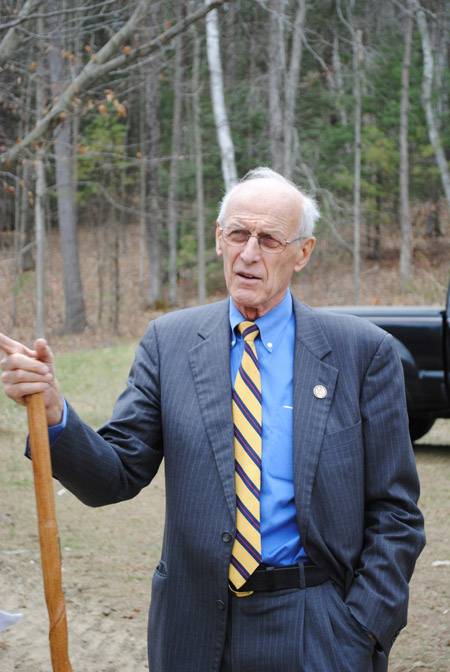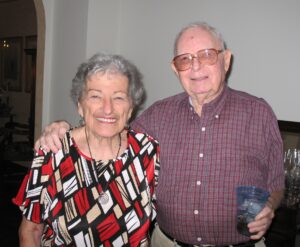Peter B. Olney Papers
A writer, scholar and leader in organized labor for over 50 years, Peter B. Olney began his career in the early 1970s by organizing the machine shop where he worked in Roxbury, Massachusetts into the United Electrical Workers, fully committed to helping the workforce take control of their own lives and destiny. Through periods of extraordinary cultural, technological and industry upheaval, with a particular focus on the immigrant workers community, Olney followed where that commitment led, becoming an “industrial salt” in Boston and Cambridge, bringing a union into non-union facilities or strengthening the union’s position in union facilities; an organizer and researcher at the ILGWU in Southern California; an organizer/coordinator at the Furniture Workers’ office of the IUE in Huntington Park, CA; an organizer at the Janitors’ office of the SEIU in Los Angeles and active in Justice for Janitors; a founding member of the LAMAP (Los Angeles Manufacturing Action Project); the Director of Organizing at the ILWU (International Longshoremen Warehouse Union) for 16 years; Associate Director of the ILE (Institute for Labor and Employment) at the University of California for 3 years; and a member of the faculty at the Building Trades Academy at Michigan State University. He has a Masters in Business Administration from UCLA and regularly contributes to ongoing discussions, publications and scholarship, online and in print, about the changing face of the Labor Movement with particular focus on organizing strategies, class struggles, immigration and the political climate.
Drawing from the records of these many organizations, the Olney Papers provide insights into labor organizing during a period of American history characterized by huge cultural shifts and rapid technological development, and include correspondence, memorandums, notes, white papers, articles, newspaper/magazine clippings and other printed matter, corporate reports and presentations, and a wide variety of internal administrative documents. Of particular note are strategic planning documents for the organizations with which Olney was engaged.



